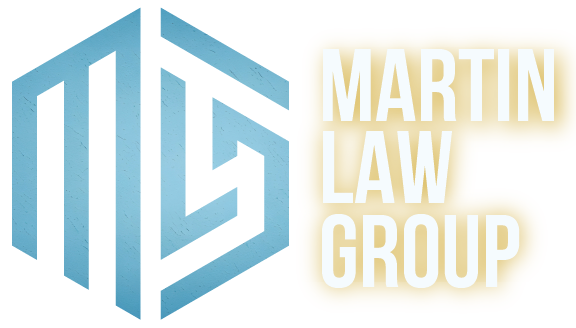Premises liability injuries can happen almost anywhere. From broken staircases that were never repaired to unmarked slippery floors, hazardous situations that result in personal injury are the responsibility of the property owner.
Property owners are required by law to maintain safe conditions for visitors to their premises. This includes warning visitors about dangerous conditions and resolving the problem in a reasonable amount of time. If property owners do not provide sufficient warnings or take care of hazards on their property, their negligence can result in a visitor's injury.
However, the property owner is not always willing to admit to their negligence, in which case a personal injury lawyer is needed to represent the rights of the victim.
Defining a Premises Liability Claim
A premises liability claim is a civil lawsuit in which the victim of a personal injury may file against the owner of the property where the accident occurred. However, as property owners cannot be held responsible for every loss suffered on the property, negligence of the property owner is usually a key factor in the claim.
In order to prove negligence, the injured victim must show that the property owner knew about the hazardous condition that caused the accident and did not take action to fix the problem. For example, the property owner may have failed to repair a broken step or label a slippery floor. A premises liability injury may also be caused by criminal activity that was left undetected due to insufficient security on the premises.

